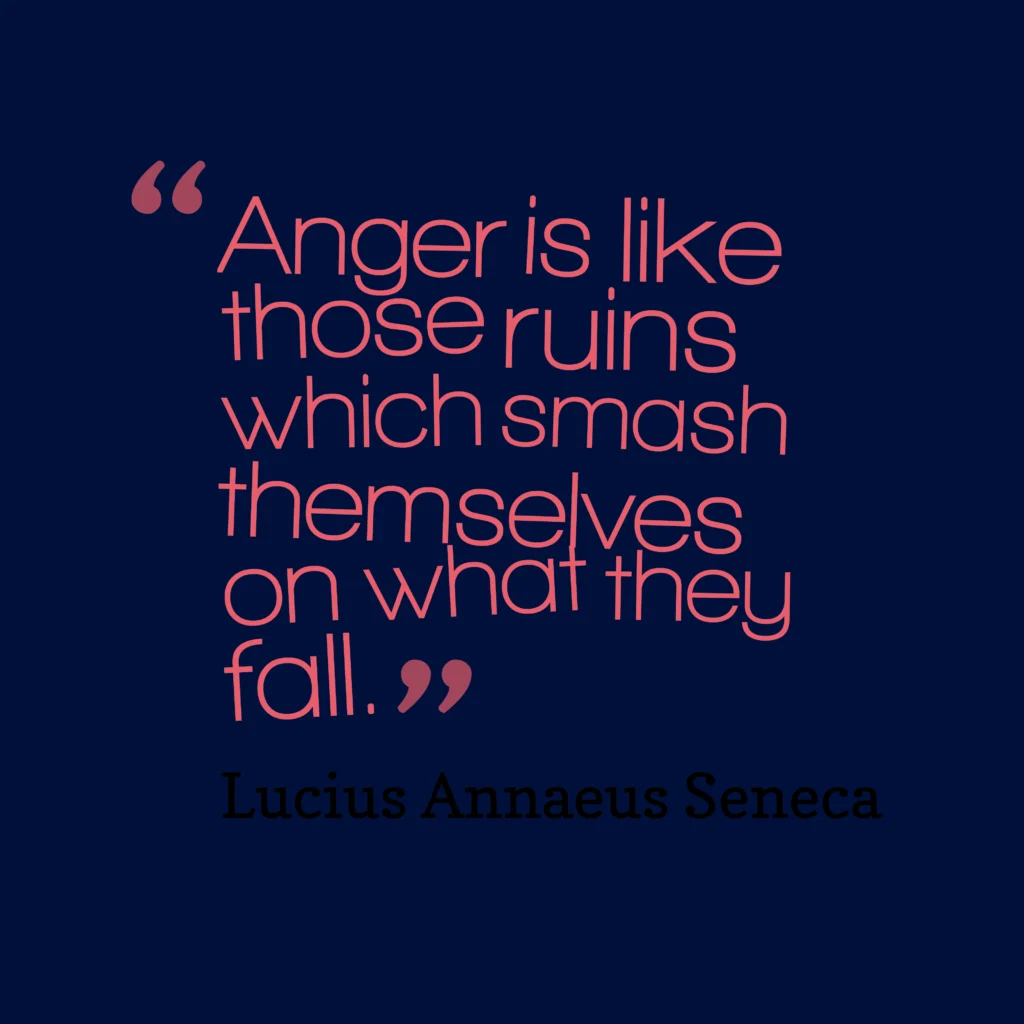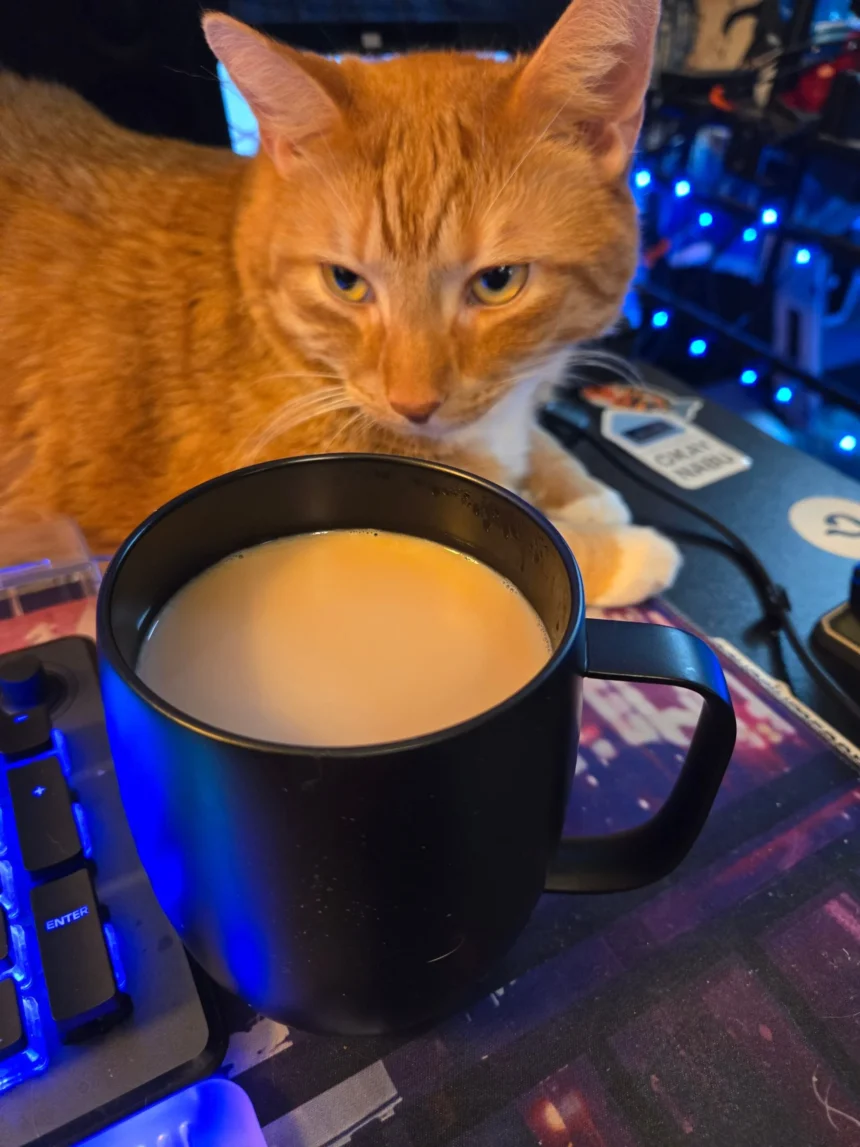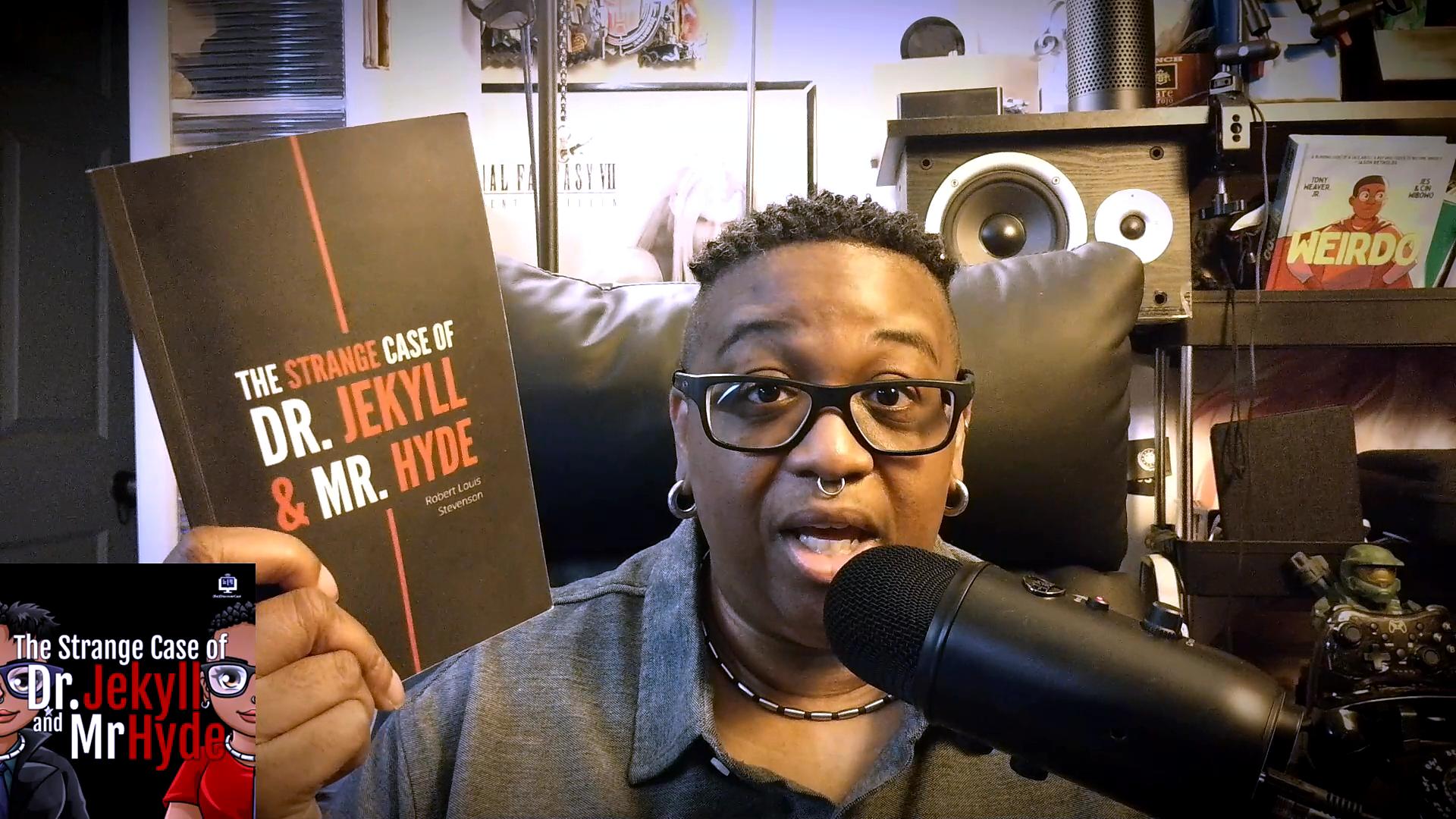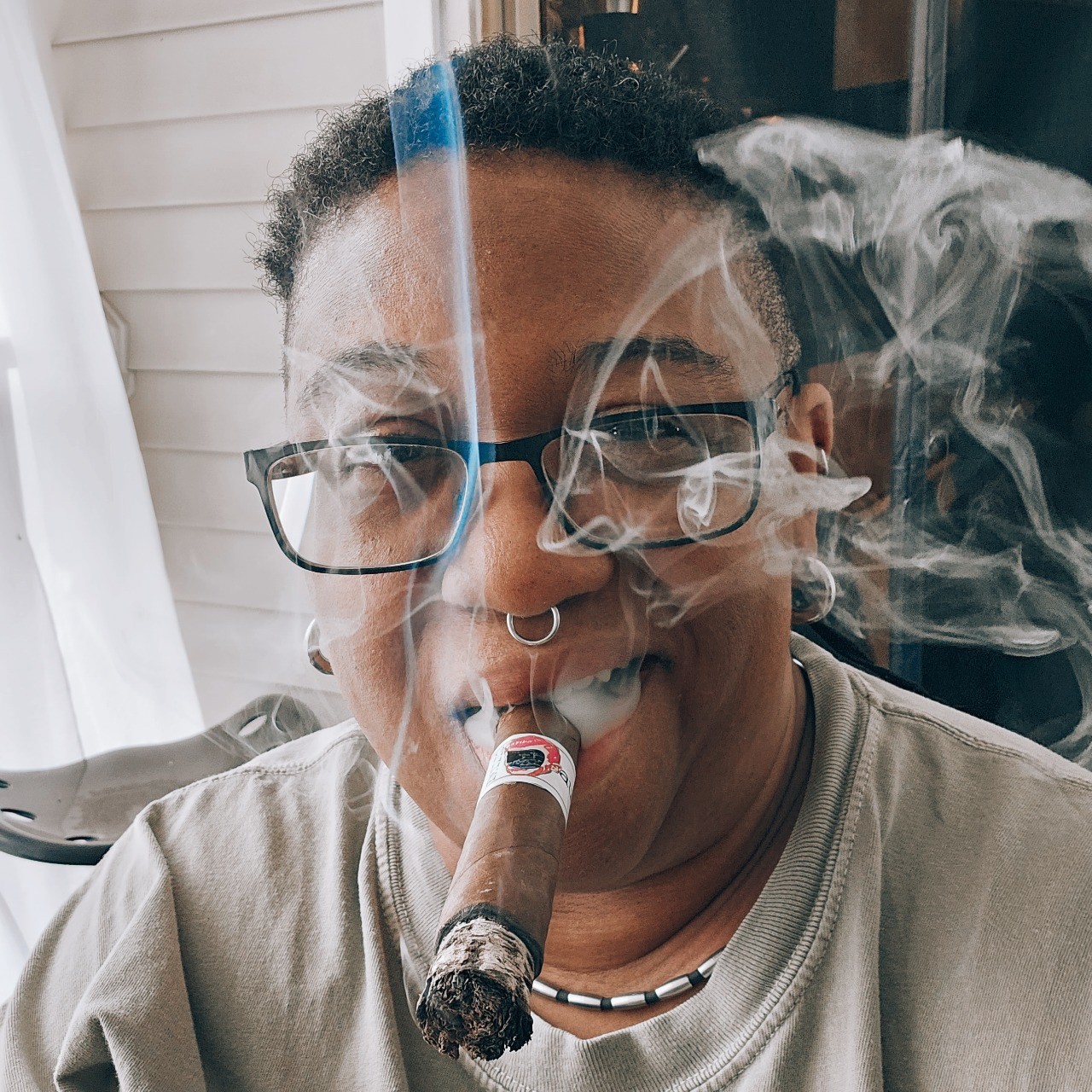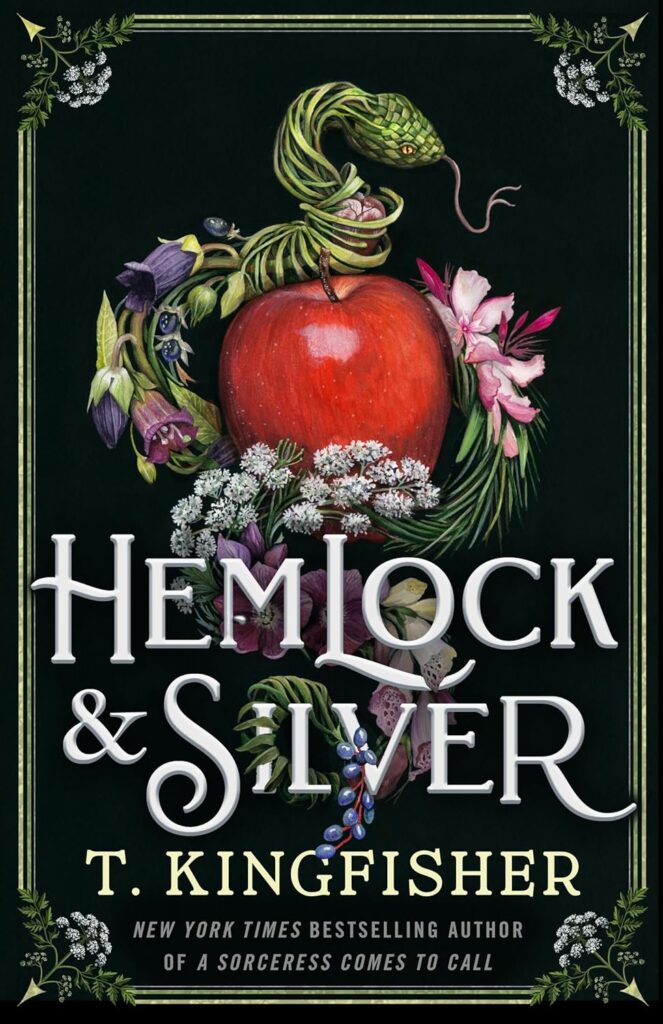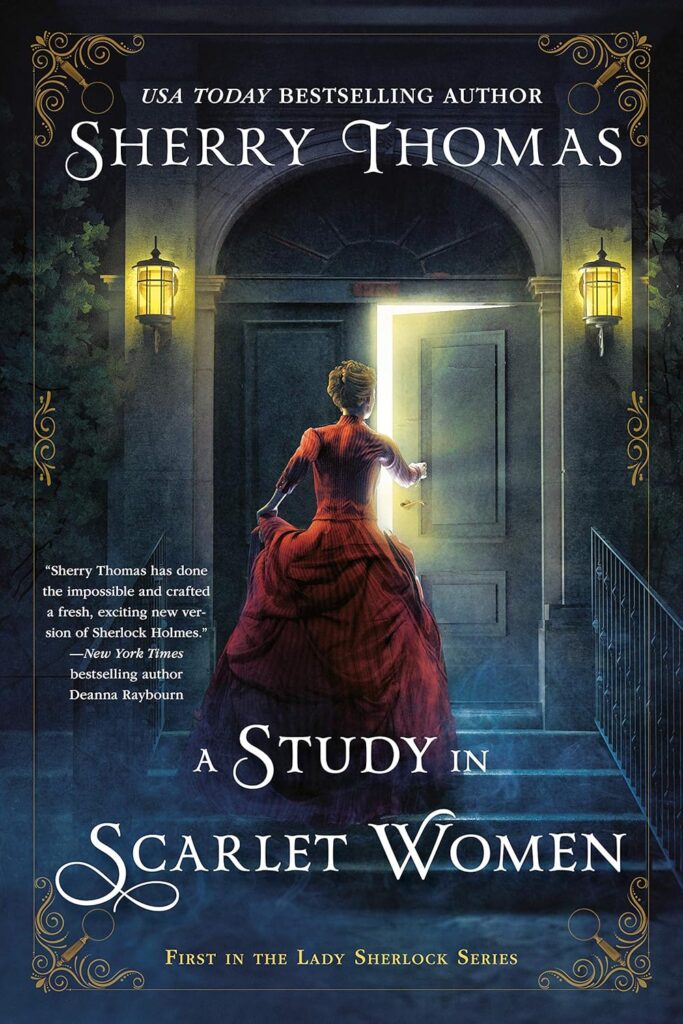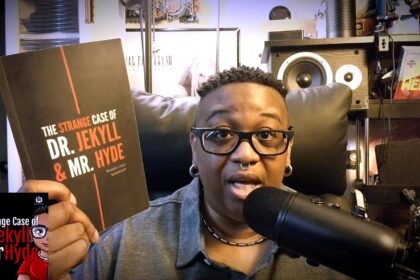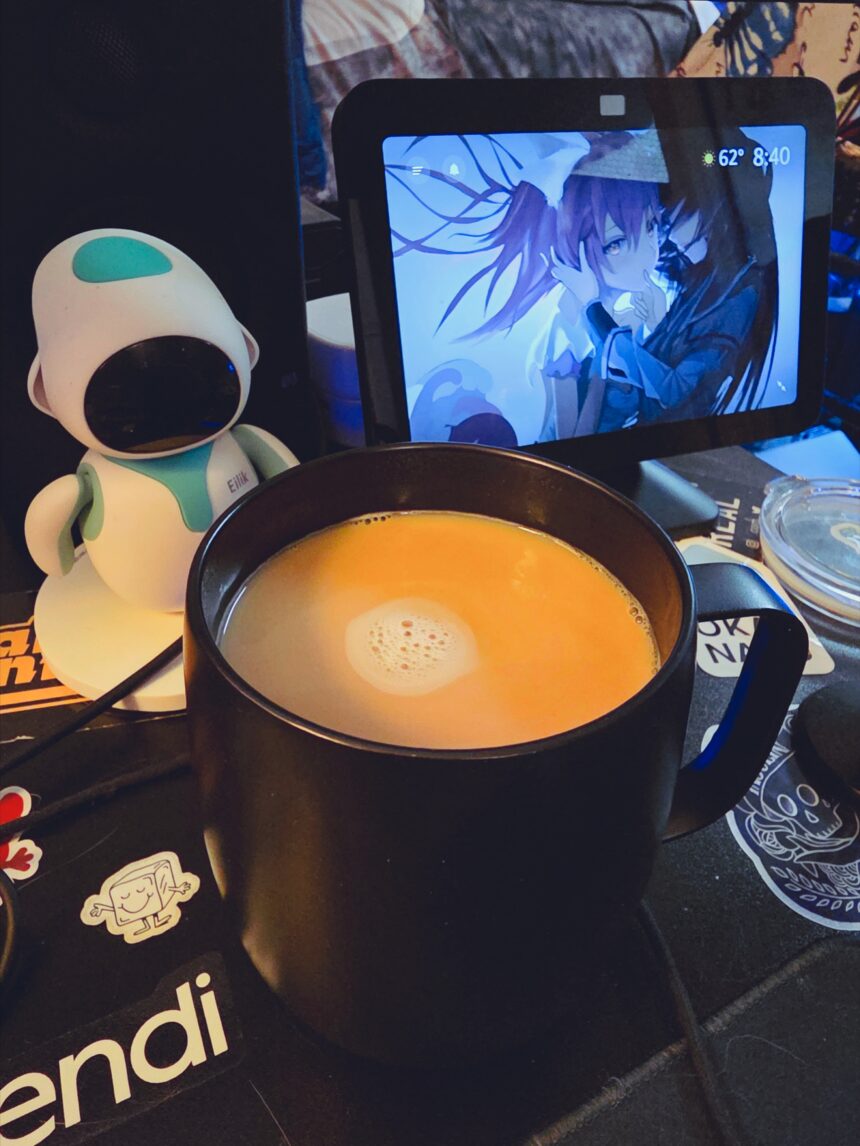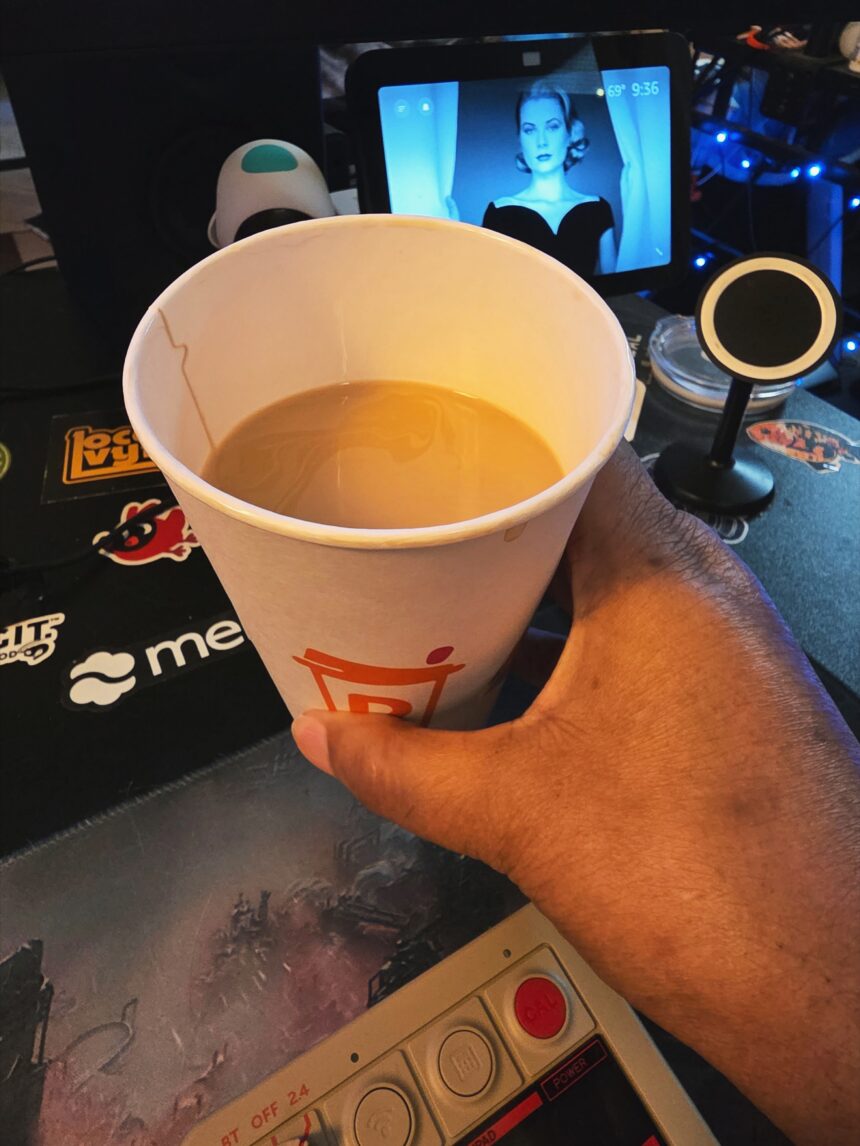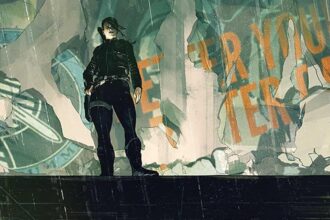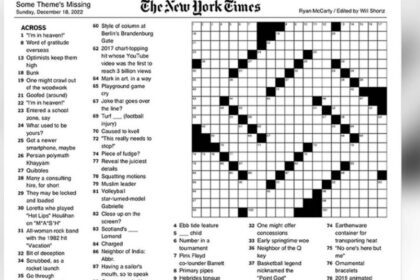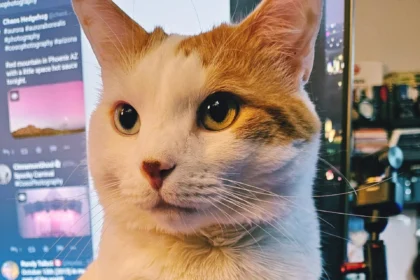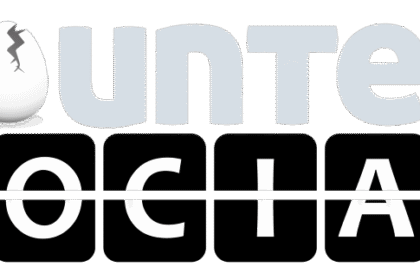Summary
I have said many times before that stoicism saved my life as a child and this thread has been another example as to how and why.
#FirstCoffeeThoughts
When a want becomes a need you become a slave.
This was something I wrote when I was a pre-teen … this was my attempt at formulating some understanding of how to seek better control over my life while being influenced by all of the stoic philosophers I was reading.
Building on my favorite, Epictetus, who said 𝘈𝘯𝘺𝘰𝘯𝘦 𝘺𝘰𝘶 𝘢𝘭𝘭𝘰𝘸 𝘵𝘰 𝘢𝘯𝘨𝘦𝘳 𝘺𝘰𝘶 𝘣𝘦𝘤𝘰𝘮𝘦𝘴 𝘺𝘰𝘶𝘳 𝘔𝘢𝘴𝘵𝘦𝘳. I starting thinking of all the ways I could take back power from my abusive parents.
One of the primary ways they sought to control me was fear, physical pain, and taking away privileges. The easiest way to keep me in line was beating me or taking away things that I loved … or that they observed attachments to.
Beatings and switch whippings were easy because that pain was temporary … even though the soreness would last for days or weeks, it was something I knew would eventually stop hurting so I didn’t put too much focus on it.
My belongings though …
My parents considered me unpaid labor and a freeloader.
My parents made it a point to make sure I was aware that nothing I had in my room technically belonged to me.
I didn’t buy anything with my own money as a child obviously so everything was a gift from my parents or some other person. The house I lived wasn’t mine and the room I slept in was theirs and the food I ate they provided etc. These reminders were constant as was the fact that I should be grateful (as an adopted child) for everything they provided.
I was unpaid labor and a freeloader.
The pain I felt … emotionally and even physically at some points when things were taken away from me especially things like books or music … was very, very real. And it wasn’t the same as the pain from switch whippings … it was worse.
Once I came to realize that my biggest weakness was pain … I started changing my strategy for how I handled things. I realized that I was being controlled because of my fear of losing things that didn’t even belong to me … which was just … absurd.
In order to keep myself from being even more of a slave to the people that saw me as little other than unpaid labor … I learned to stop wanting and needing things.
I learned how to detach myself from things that didn’t belong to me because nothing did.
I packed things away under my bed or in my closet so that I wouldn’t see them and eventually I began to forget about them. It got to the point where I learned to gauge value on how long it took me to forget something.
If I really valued something, I would think about it constantly even if it wasn’t on my shelf or in my line of sight. I would go back to the box I’d put it in just to look at it and then close the box and try again …
Eventually I understood that it wasn’t so much what I had to teach MYSELF but what I had to teach my parents. If they saw me desiring something or relying on something for comfort, that thing would become their target. It was only THEM I had to fool, not myself.
It turns out, as I wrote sometime in 6th grade, 𝘐𝘵 𝘪𝘴 𝘦𝘢𝘴𝘺 𝘵𝘰 𝘧𝘰𝘰𝘭 𝘧𝘰𝘰𝘭𝘴.
I practiced detachment. I learned how to look cheerful while, under the table, I stuck a fork into the back of my hand. I consulted the strictest moralists to learn how to appear, philosophers to find out what to think, and novelists to see what I could get away with.
The Marquise de Merteuil would have been my hero had she not distilled everything she learned down to three completely useless words and zero philosophy. She had the makings of someone truly remarkable and powerful but I guess stoicism wasn’t one of the philosophies she studied because all she does is give in to irrational emotions and has no sense of virtue. Logic and reason would have gotten her much further than passions. What a waste of character.
I learned to both feign detachment and be detached and I don’t think my parents could ever tell the difference. Sometimes I couldn’t either.
My parents would offer me things and I’d say no thank you. Some adult would give me something and I’d keep it in a box until I forgot it was there. I stopped accepting anything or caring about objects … only my peace of mind.
They lost all ability to control me and that made them afraid, suspicious, and even more hateful towards me ESPECIALLY as I got older.
They lost all ability to control me and that made them afraid, suspicious, and even more hateful towards me ESPECIALLY as I got older.
I learned from Epictetus that the only thing no one could take away from me was my own self … my own thoughts … and he was correct. My attachments were in my mind only and my parents couldn’t weaponize something they couldn’t see.
I stopped having fear. I stopped crying. I stopped pleading for things to stop. I stopped caring about them and simply accepted them as inevitable. Once I let go of the fear and the anger and accepted physical beatings as a temporary issue, they stopped having as much power. They become a inconvenience, a temporary suffering like having to go to the dentist.
When I stopped reacting … it changed everything and what I realized was something much worse than the beatings themselves; it was me all along.
If you are pained by any external thing, it is not this thing that disturbs you, but your own judgment about it. It is in your power to wipe out this judgment now..
When you control your thoughts, you control your destiny. Freedom is the only worthy goal in life. It is won by disregarding things that lie beyond our control.
I was always my choice. I always had the control, not them.
The source of all my fear was anticipation of pain or loss.
Many of our blessings bring bane to us; for memory recalls the tortures of fear, while foresight anticipates them..
Removing those anticipations or accepting them as inevitable truths of my existence, removed all anxiety and fear and gave me … realism … stoicism … a recognition of what is, what was, and that I had control over all of it within myself.
I have said many times before that stoicism saved my life as a child and this thread has been another example as to how and why.
Stoic philosophy was easy to understand even as a child. The words of Aurelius, Epictetus, and Seneca were not terribly complicated. Sure, there were things that I didn’t understand fully until I became much older but simple things like … 𝘐𝘧 𝘺𝘰𝘶 𝘢𝘳𝘦 𝘱𝘢𝘪𝘯𝘦𝘥 𝘣𝘺 𝘢𝘯𝘺 𝘦𝘹𝘵𝘦𝘳𝘯𝘢𝘭 𝘵𝘩𝘪𝘯𝘨, 𝘪𝘵 𝘪𝘴 𝘯𝘰𝘵 𝘵𝘩𝘪𝘴 𝘵𝘩𝘪𝘯𝘨 𝘵𝘩𝘢𝘵 𝘥𝘪𝘴𝘵𝘶𝘳𝘣𝘴 𝘺𝘰𝘶, 𝘣𝘶𝘵 𝘺𝘰𝘶𝘳 𝘰𝘸𝘯 𝘫𝘶𝘥𝘨𝘮𝘦𝘯𝘵 𝘢𝘣𝘰𝘶𝘵 𝘪𝘵.
It’s really simple.
How I felt about things is what made them much worse than they actually were. Everything was more fantastical in my mind. Everything was more dangerous in my mind. Everything was more menacing in my mind.
Stoicism saved my life. It was simple.
Once I saw my parents as fools … as broken people who derived pleasure and satisfaction from their child’s fear and pain … I was in control.
Stoics see the world for how it is, not for how we wish it to be.
Now that you recognize this, you will have no greater concern henceforth, and set your mind on nothing else, than to come to know the criterion by which one can judge whether things are in accordance with nature, and then to apply that knowledge in judging each particular case.
Reality-based living ensures no delusion, no anxiety, no loss of control. You are in control of your own thoughts at all times. We can’t change the nature of things, we can only change how we react to them.
Don’t demand that things happen as you wish, but wish that they happen as they do happen, and you will go on well.
Stoicism teaches the development of self-control and fortitude as a means of overcoming destructive emotions. The philosophy holds that becoming a clear and unbiased thinker allows one to understand the universal reason.
We suffer more in our imagination more often than in reality.
See things for how they are and regain control over your reality.
Living in reality makes you stronger. Choosing delusion makes you weaker.
Delusional thinking saps your strength as it takes a tremendous amount of energy and willpower to MAINTAIN it in the face of overwhelming truth and reality.
Reality-based thinking saves the energy required for delusional maintenance and allows you to put it instead into actions, resilience, and service to yourself and others.
Better to be exhausted in service to truth and justice than exhausted by maintaining lies.



